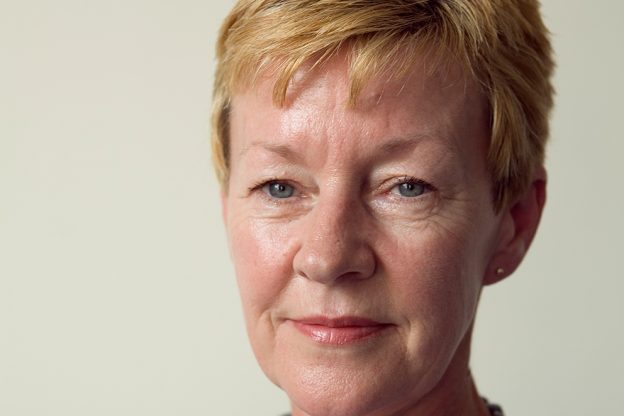Kent mediation expert Dr Cheryl Dolder has been asked to join an All-Party Parliamentary Group (APPG) on Alternative Dispute Resolution (ADR) that is engaging with policy makers and working to promote methods of resolving disputes within the civil justice system that don’t involve going to court.
Now in its second year, the APPG on ADR is currently collecting evidence to determine the cost-effectiveness of dispute resolution processes (such as mediation and arbitration) within the context of a civil justice reform agenda.
Dr Dolder became involved with the APPG on ADR while researching current initiatives that might inform the objectives of the Appropriate Dispute Resolution module that she convenes at Kent Law School.
Dr Dolder said: ‘The work of the APPG on ADR is crucial to ensure that policy decisions accurately promote the use of processes most appropriate for the interests and needs of parties in dispute, particularly when the proposed implementation of the Online Court is fast approaching. Here, the spotlight is set to fall on mediation as the gatekeeper to justice through the courts; hence, its values need to stand up to close scrutiny of its actual, rather than commonly perceived, effectiveness. This is why the teaching of appropriate dispute resolution is so important in today’s law schools and why the APPG is exploring opportunities to support the Government’s intentions to review the development of ADR in the Legal Services Act.
‘As a nation, we have a long adversarial tradition; if mediation and other forms of ADR are to become the norm, there needs to be a significant sea change in the climate and culture of dispute resolution in the UK. The APPG, with the input of Kent Law School, is actively contributing to that process.’
